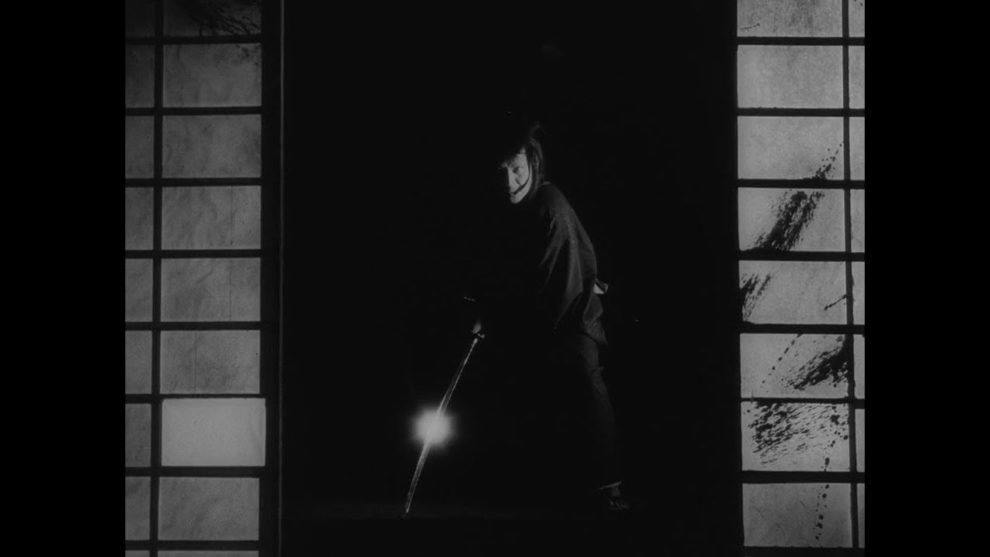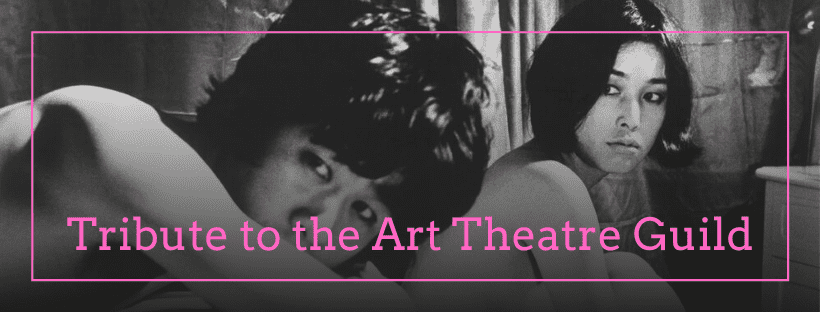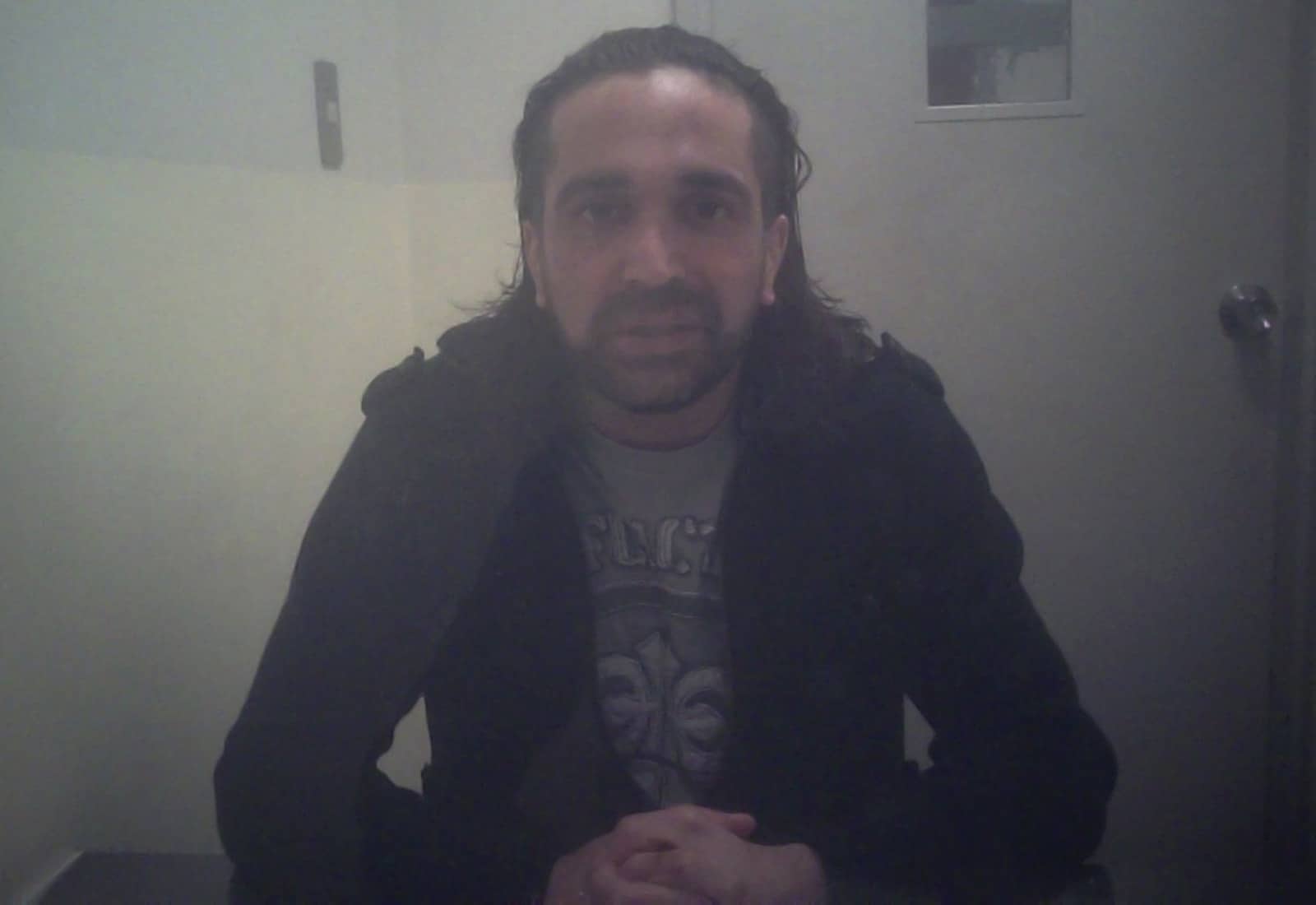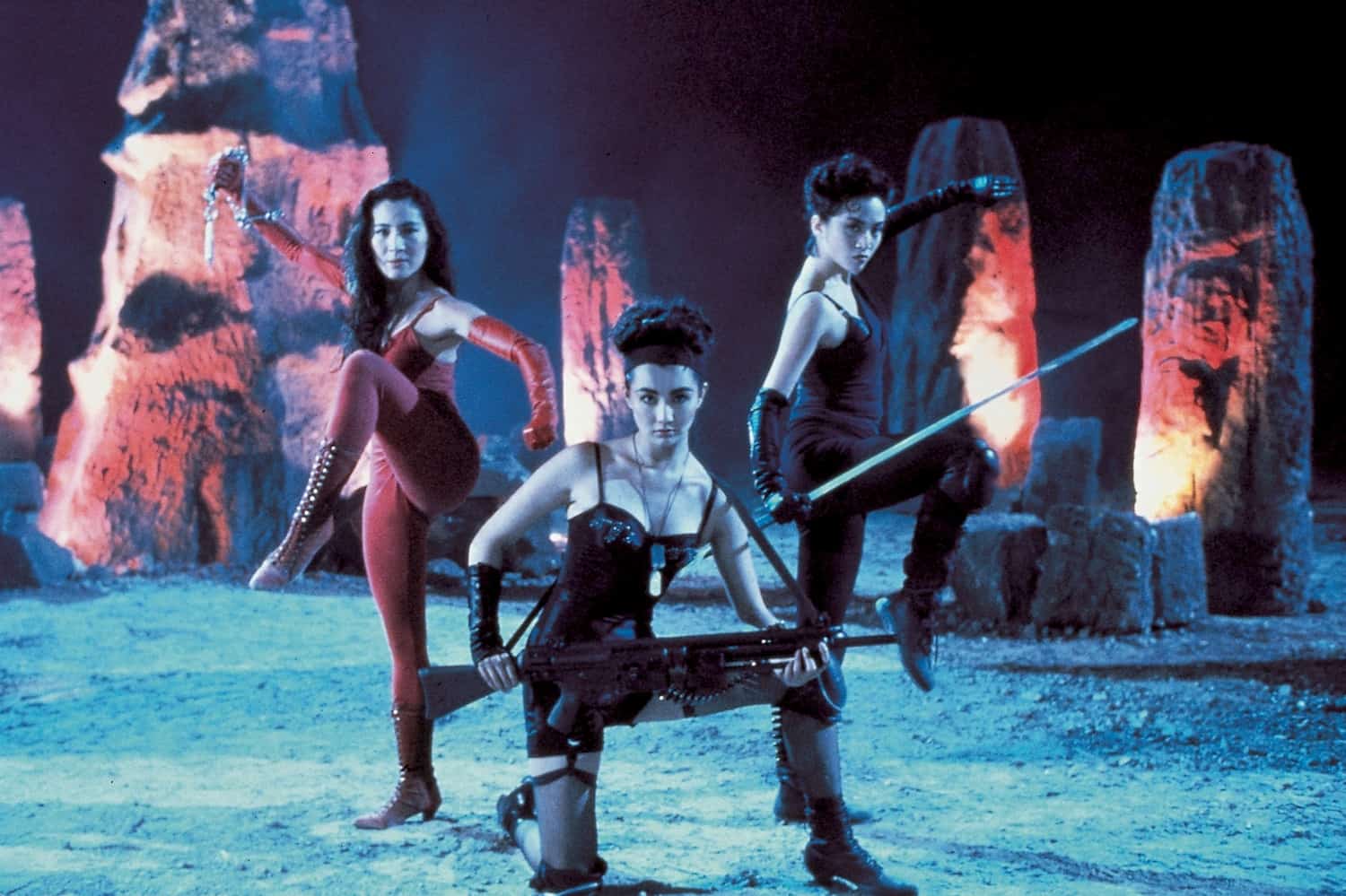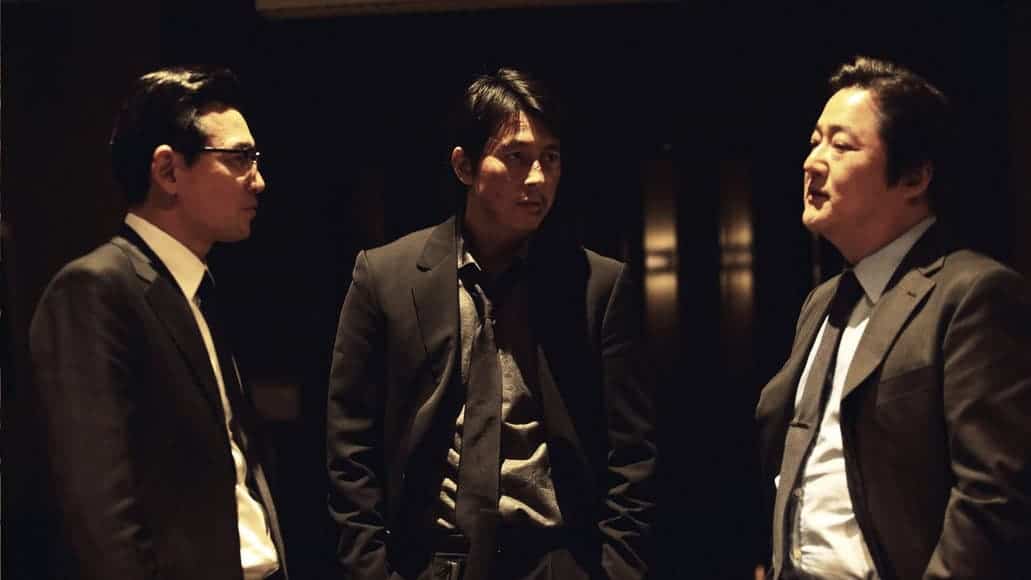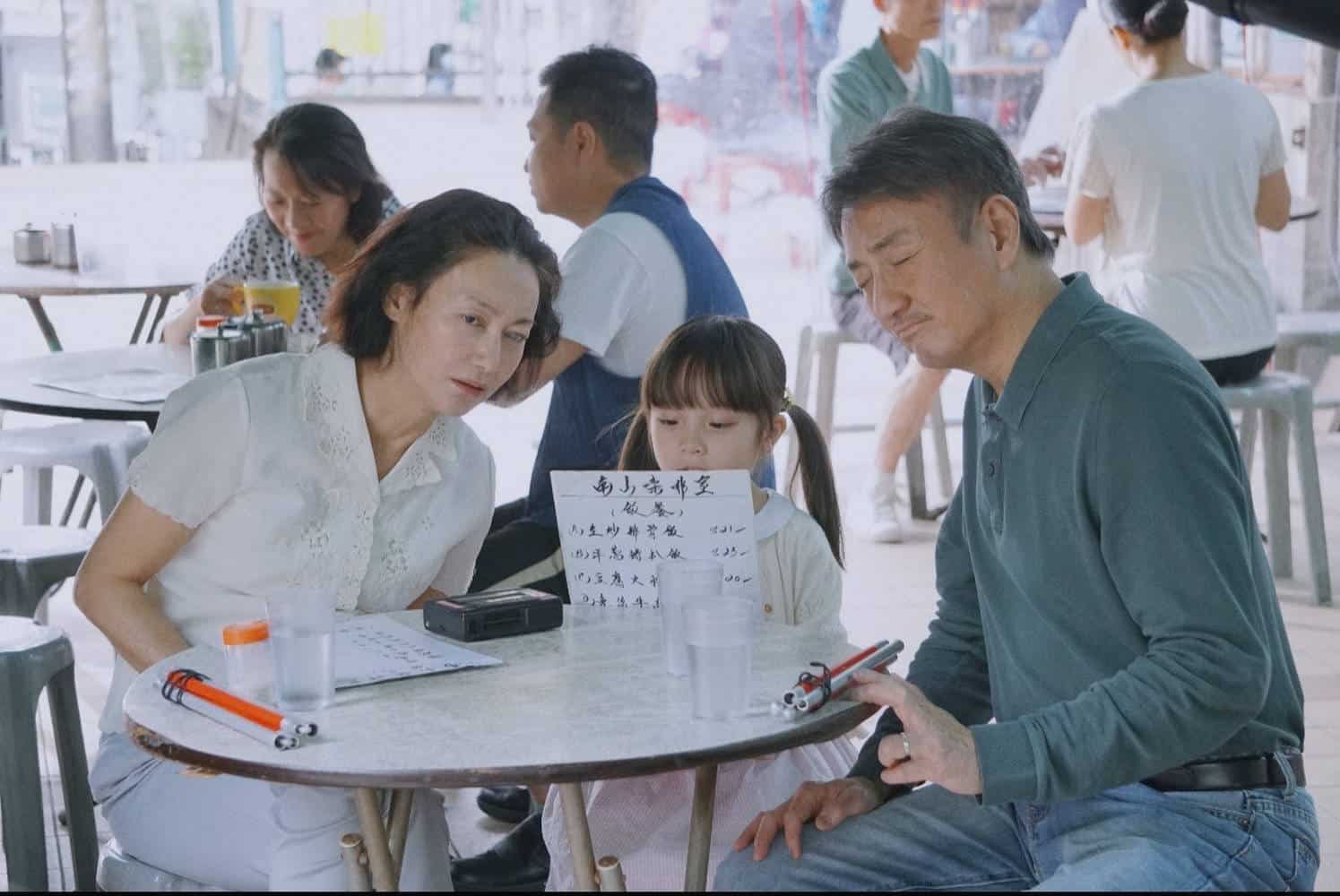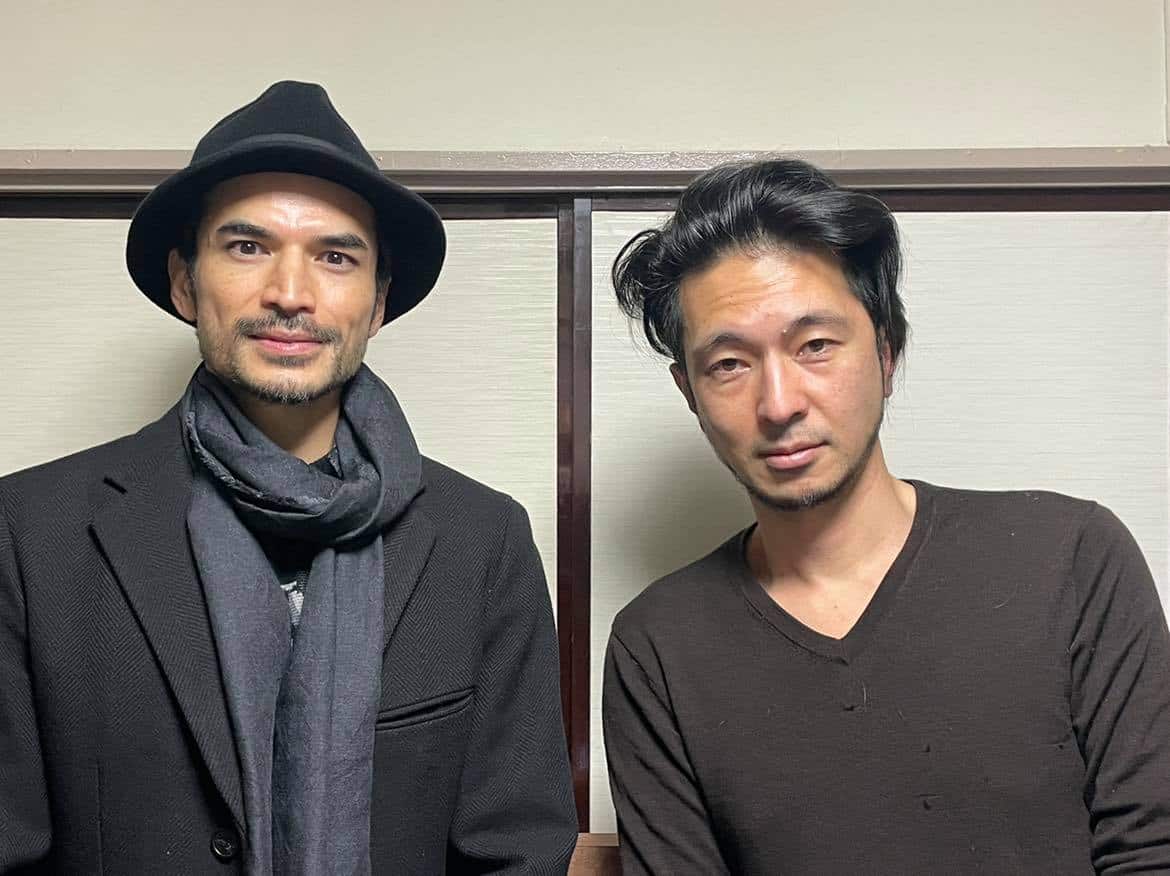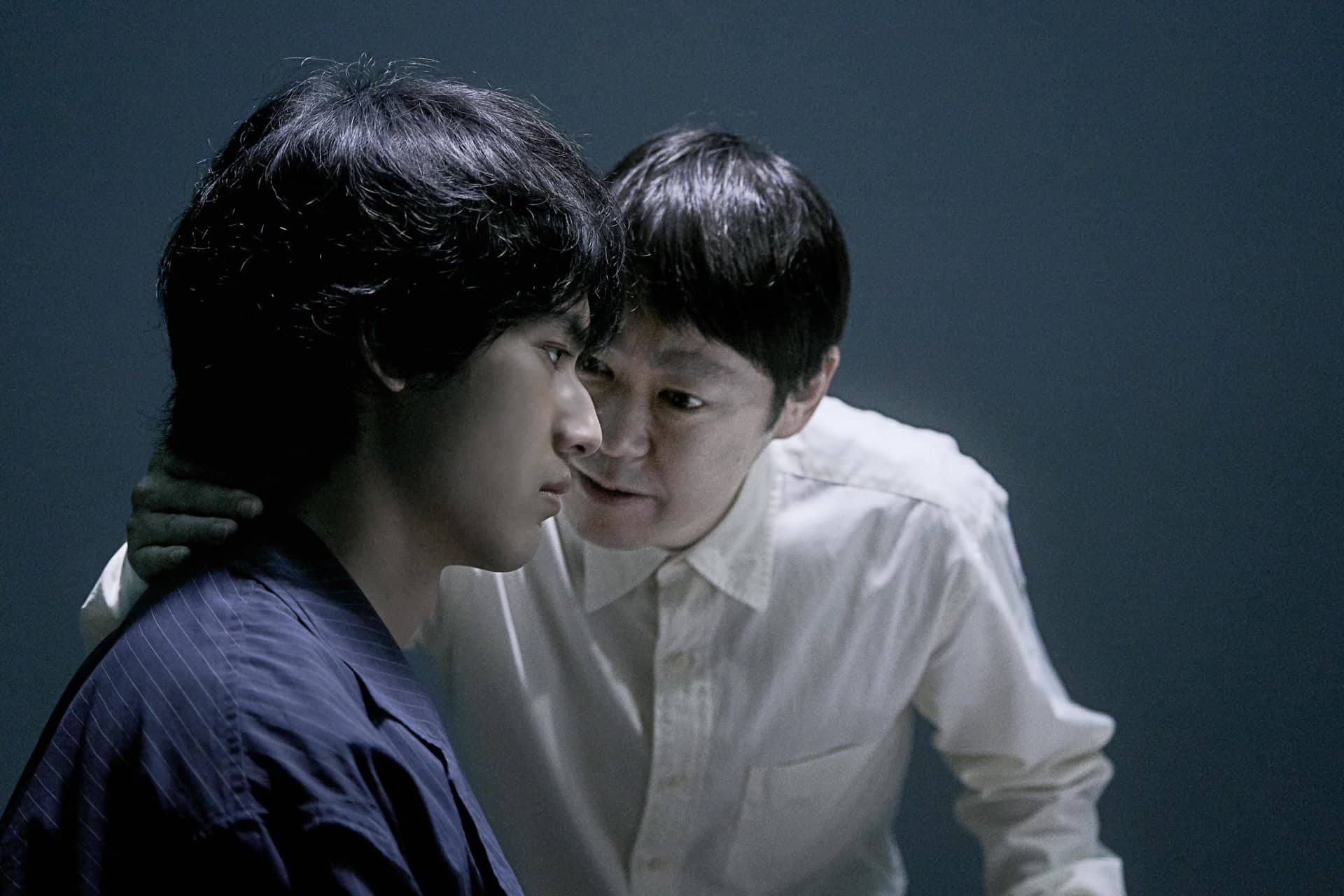by Fred Barrett
Released during the early years of what would ultimately be the Japanese New Wave's final decade, Toshio Matsumoto's second feature length film “Demons” has unfortunately dwelled in relative obscurity when compared to his most famous work, the 1969 arthouse fantasy-horror docudrama “Funeral Parade of Roses”.
When contrasted with the experimental approach that marked his cinematic debut, Matsumoto's sophomore effort is a comparatively straightforward tale of bloody, delirious revenge. It tells the story of Gengobe Satsuma, an exiled samurai who yearns to join the legendary 47 ronin in their quest to avenge the death of their master. Just as an opportunity to get back into his former clan's good graces arises in the form of 100 ryo, Gengobe learns that his lover Koman, a geisha, is about to be sold to another samurai. Gengobe uses the money to pay her ransom but soon discovers that he has been betrayed not only by her but also by Sangoro, a man claiming to be her brother but who is actually her husband and the father of her child. Abandoned and penniless, Gengobe's mind begins to unravel as he vows to take revenge on those who wronged him.
“Demons” is a bleak and nihilistic affair, a pitch-black take on samurai films and Shakespearean tragedy, set in a hellish world of dark, ominous shadows and demented bloodlust. The narrative is a slow descent into complete and utter madness, a descent that's hinted at in the first shot of a setting sun, the menacing red sky being the only instance of color in the film's 134-minute runtime. Often billed as a horror movie, it might more accurately be described as a slow and surreal psychological horror drama, as much about its main character's dissolving sense of reality as it is an indignation of the ugly world the supposedly heroic samurai helped create, the pools of blood and severed limbs painting a picture of a society in complete disarray.
The amoral characters are brought to life by appropriately deranged and theatrical performances, especially the central players Katsuo Nakamura, Juro Kara and Yasuko Sanjo but there's a lot to be said for the desperate loyalty of Masao Imafuku's Hachiemon, a man with a seemingly unshakable and foolish belief in the goodness of his master and, by extension, the goodness of the order of things. As the story progresses, however, the kabuki-esque acting gradually gives way to an uglier, more naturalistic sensibility as the rage, paranoia, darkness and tragic ironies intensify.
As with a lot of films produced during the Japanese New Wave, “Demons”, in spite of a less experimental style, has its avant-garde flourishes. Tatsuo Suzuki's stark, shadowy black-and-white cinematography recalls the cinema of German Expressionism and Toshie Iwasa's numerous eccentric editing tics like repeating shots, reminiscent of the French Nouvelle Vague, as well as an overall lack of distinction between dreams, flashbacks and reality, all effectively and eerily blur the line between the horrors of the real and the imagined. These horrors aren't, as the title implies, otherworldly but rather all too human. Greed, insanity and violence color the lives of the characters and are at the heart of a decay that the traditional caste system is either unable or uninterested in solving.
Matsumoto's revisionist chanbara is a criminally underseen masterpiece of intense, pure anguish and brutality, filled to the brim with hatred, dread and carnage. A harrowing experience and likely the most hopeless and soul-crushing Japanese period drama ever made.


